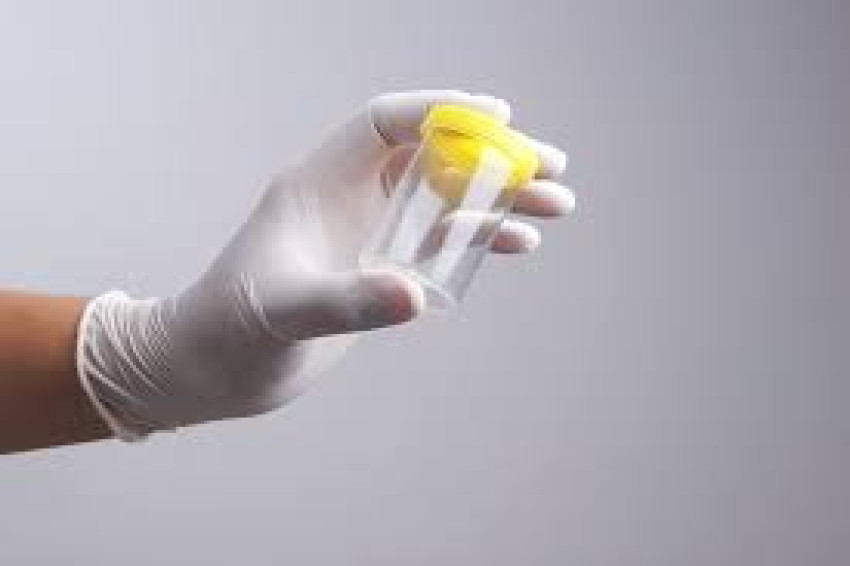
Introduction:
Drug testing is an essential part of maintaining safety and integrity in various fields, including employment, healthcare, law enforcement, and athletics. Whether you're an employer looking to screen potential hires or an individual seeking a drug test for personal reasons, understanding the different types of drug tests and their purposes is crucial.
In this comprehensive guide, we'll explore various aspects of drug testing services, covering everything from the different types of tests to the legal implications and the importance of choosing a reliable drug testing lab.
1. Types of Drug Tests
a. Urine Drug Testing
Urine drug testing is one of the most common methods used for detecting recent drug use. It's widely used in pre-employment screening and random drug testing programs.
b. Hair Follicle Drug Testing
Hair follicle drug testing is known for its ability to detect drug use over a longer period, typically up to 90 days. It's often used in court-ordered testing and situations where a historical drug use pattern is necessary.
c. Saliva Drug Testing
Saliva drug testing is non-invasive and provides quick results. It's often used in workplace testing, especially in situations where on-site testing is necessary.
d. Breathalyzer Test
Breathalyzer tests are commonly used to detect alcohol consumption. They are often administered in situations like DUI checks and workplace alcohol testing.
2. Common Scenarios for Drug Testing
a. Pre-Employment Drug Testing
Many employers require pre-employment drug testing to ensure a drug-free workplace and reduce the risk of accidents or impaired job performance.
b. DOT Drug Testing
The Department of Transportation (DOT) mandates drug testing for employees in safety-sensitive positions, such as truck drivers and airline pilots.
c. Court-Ordered Drug Testing
Courts may order drug testing as part of probation, custody hearings, or other legal proceedings to monitor drug use.
d. Athletic Drug Testing
Athletes are often subject to drug testing to ensure fair competition and maintain the integrity of sports.
e. School Drug Testing
Some schools implement drug testing programs to deter drug use among students participating in extracurricular activities.
f. Random Drug Testing
Random drug testing is used in various industries to deter drug use and maintain a drug-free workplace.
3. Legal Implications of Drug Testing
a. Employee Rights
Employees have rights when it comes to drug testing, including consent, confidentiality, and the right to challenge results.
b. Employer Responsibilities
Employers must adhere to legal requirements, provide clear policies, and ensure the fairness of drug testing procedures.
c. Legal Requirements for Different Scenarios
Different scenarios, such as DOT testing or court-ordered testing, have specific legal requirements that must be followed.
4. Selecting a Reliable Drug Testing Lab
When choosing a drug testing lab, consider factors like accreditation, testing methods, turnaround time, confidentiality, and cost.
5. The Drug Testing Process
Learn about the step-by-step process of drug testing, from scheduling an appointment to receiving and interpreting results.
6. Ensuring Accurate Results
Discover how to prepare for a drug test, understand potential sources of false positives, and interpret results accurately.
7. Conclusion
In this comprehensive guide, we've covered the various aspects of drug testing services, from the types of tests available to the legal implications and the importance of selecting a reliable drug testing lab. Whether you're an employer, an athlete, or an individual seeking testing services, understanding the process and your rights is essential to a successful drug testing experience.
Remember that drug testing serves critical purposes in maintaining safety, security, and fairness in various domains. Choosing the right drug testing lab and being informed about the process can make a significant difference in achieving accurate and reliable results.





